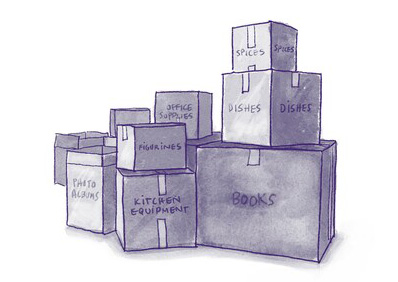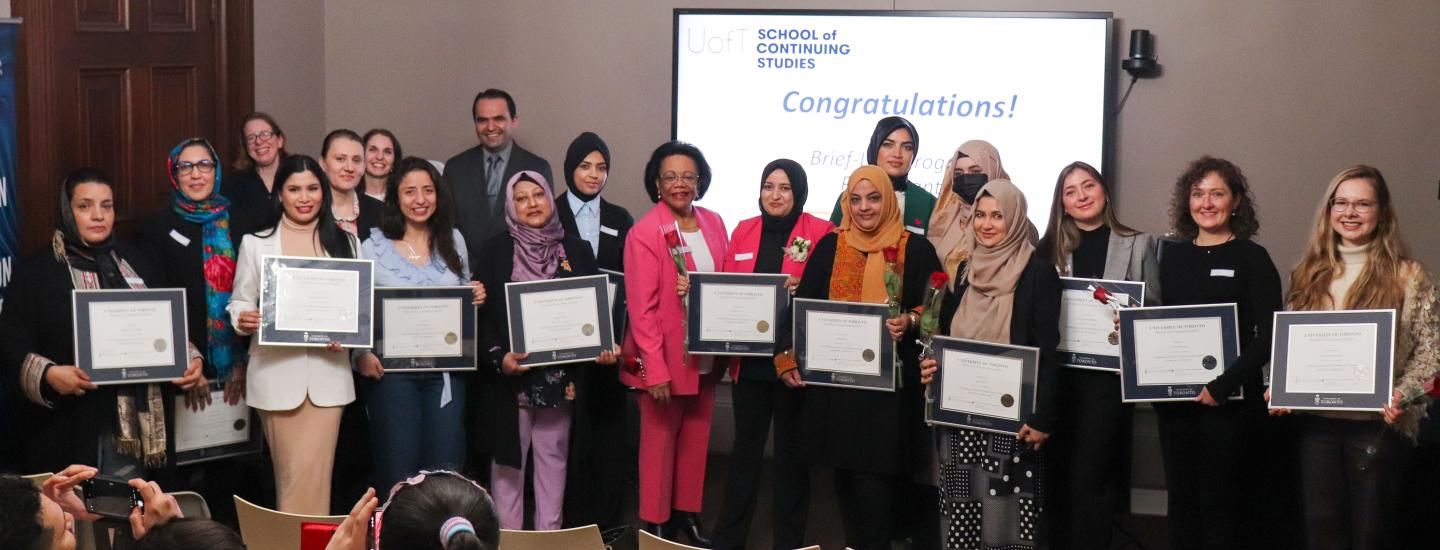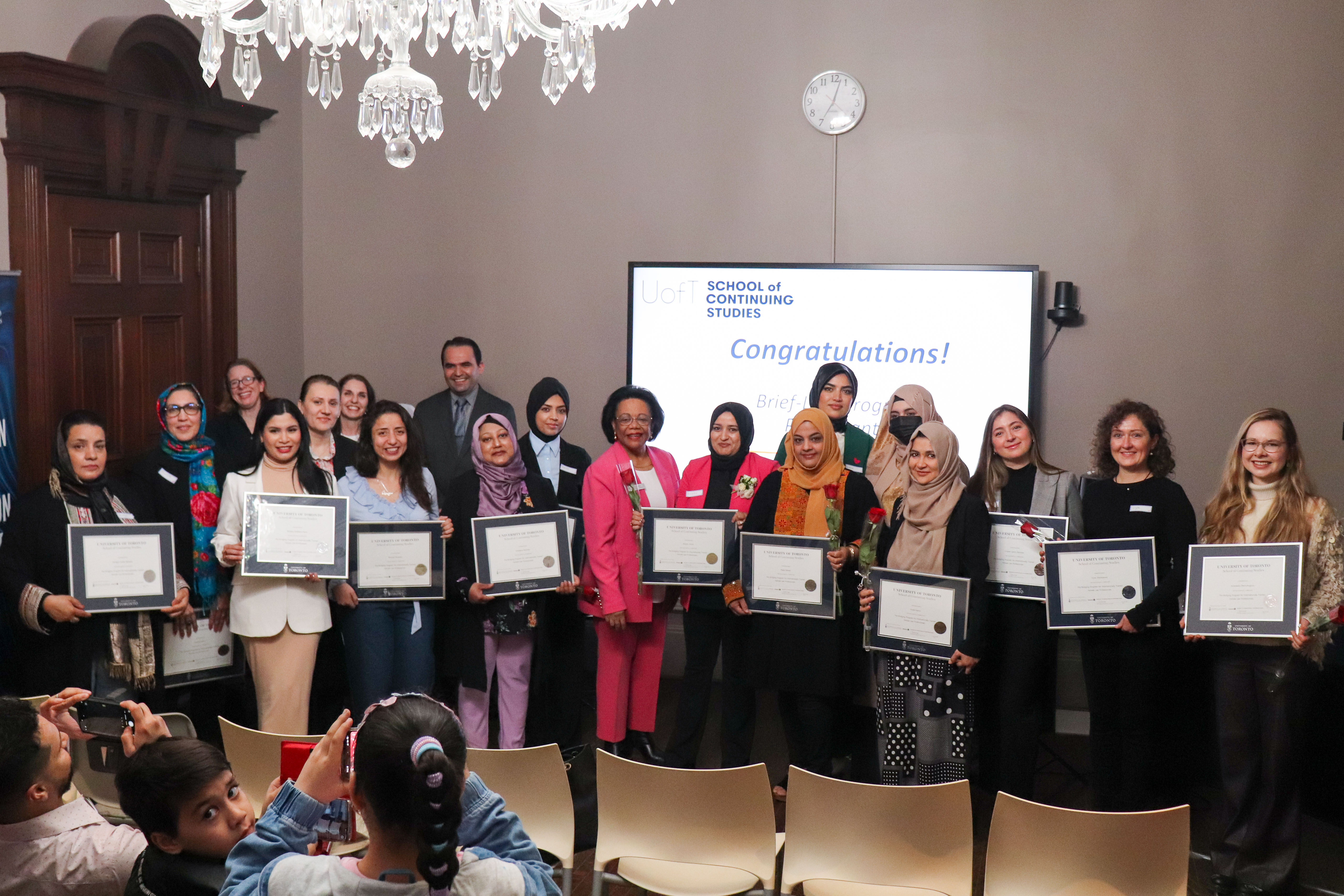
“It really was so helpful with understanding the content when I was able to bring the assignment to my work environment.” – SCS Learner, Cori Cirolia
Records disposal manager Cori Cirolia knew she wanted to become a part of the Institute of Certified Records Managers, but found herself at an impasse.
“I was struggling to understand the prep exam coursework and they suggested that I attend the U of T School of Continuing Studies Records and Information program School of Continuing Studies Records and Information program to assist with understanding the information and to also be able to join after the successful completion of the courses,” she explains.
Cirolia works at a police department in the US as a Records Disposal Manager & FOIA Manager, where she is responsible for implementing a department-wide retention schedule, maintaining the department’s paper records storage room, completing digital records disposal certificates, and working with the IT department to ensure her department is compliant with all state mandates. She also works alongside the department’s Information Services to ensure all FOIA requests are received and processed according to the law.
“I like keeping things organized and on a system. I also like helping the police department maintain their integrity and fostering open communication with the public,” she says.
The coursework in the SCS Records and Information Management certificate encouraged Cirolia to understand records management from a more ”big picture” perspective with regards to how integral it is to work with everyone in the department to ensure efficiency and effectiveness when it comes to the retention of public documents in a government building.
Cirolia says the instructor who taught Records & Information Management Strategies gave learners the choice of personalizing all assignments so they could essentially be a practice run for their real work.
“It really was so helpful with understanding the content when I was able to bring the assignment to my work environment,” she says.
“The instructor even took the time to approve rough drafts and provided much needed suggestions, etc. I really learned a lot and I felt so much more comfortable when we finally presented our assignment.”
The school’s user-friendly learning platform, and engaged instructors who replied to questions regularly and in a timely fashion and really took the time to explain things thoroughly, fostered a welcoming learning environment, says Cirolia. Her biggest challenge was balancing her work, home life, and studying.
“I found that working fulltime and being a mother of three children has all of its own demands,” she explains, “but the information that was provided for reading and class preparation was excellent and was able to be completed on our time so that when we had to attend a scheduled live discussions, the class presentations were very organized, detailed enough to get the points across, and all professors stayed within their timeframe so I was able to still get all family and work obligations completed without too much stress.”














